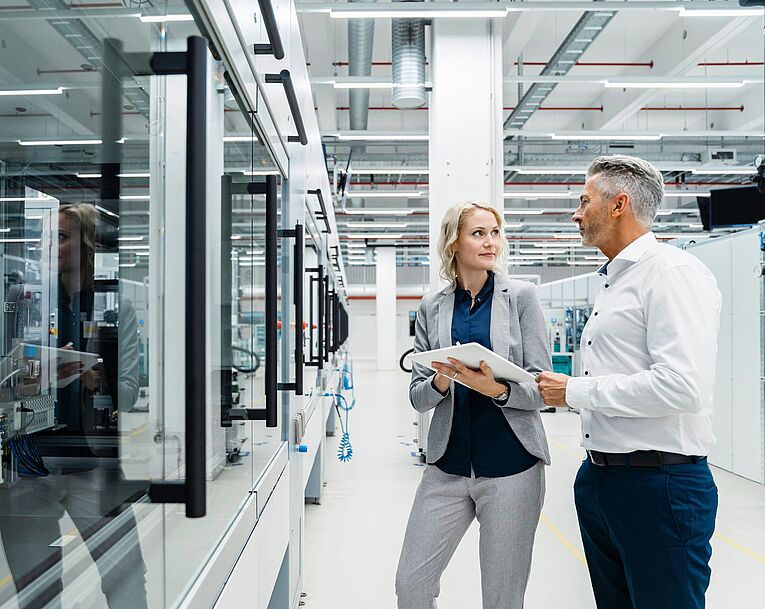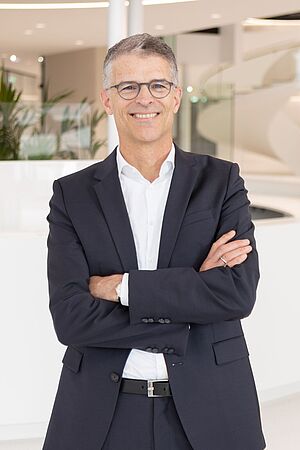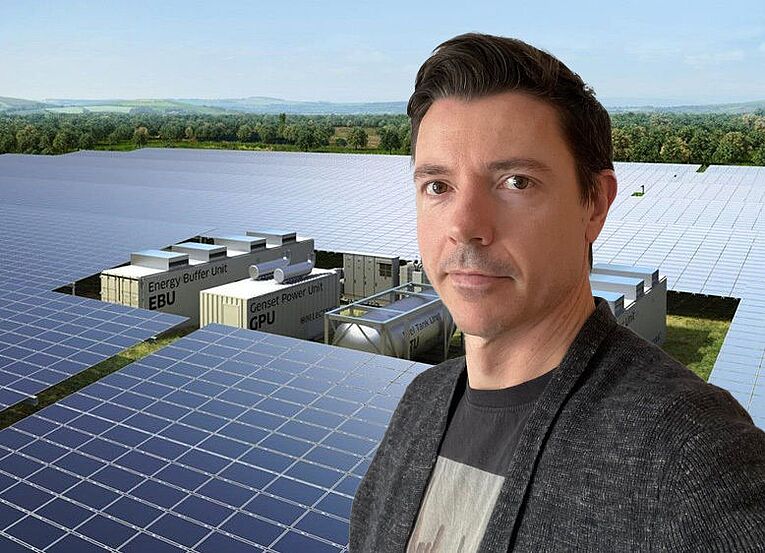Schneeberger: Absolutely. Our parent company ABB has also made a clear decision to strategically position itself in the direction of electrification and away from fossil fuels. B&R's concrete goal is to constantly minimize the environmental footprint of our solutions, which includes tuning firmware to use as little energy as possible. Above all, the user will benefit.
Last but not least – and here we come full circle back to adaptive manufacturing – we are working together with our customers on more flexible and smaller production cells that can thus be closer to customers' locations. And one of the keys to such adaptive manufacturing solutions is automation technology, which also opens up potential in terms of resource efficiency. That's why we have anchored the topic of sustainability very strongly in our organization – also a very strong motivation for our employees. It's not just about making machines better and faster – more sustainable manufacturing is in everyone's interest.
Thank you very much for the interview, Mr. Schneeberger.
The interview is from the magazine KEM Construction, Issue 6/2023. Published with the kind permission of Konradin-Verlag.



